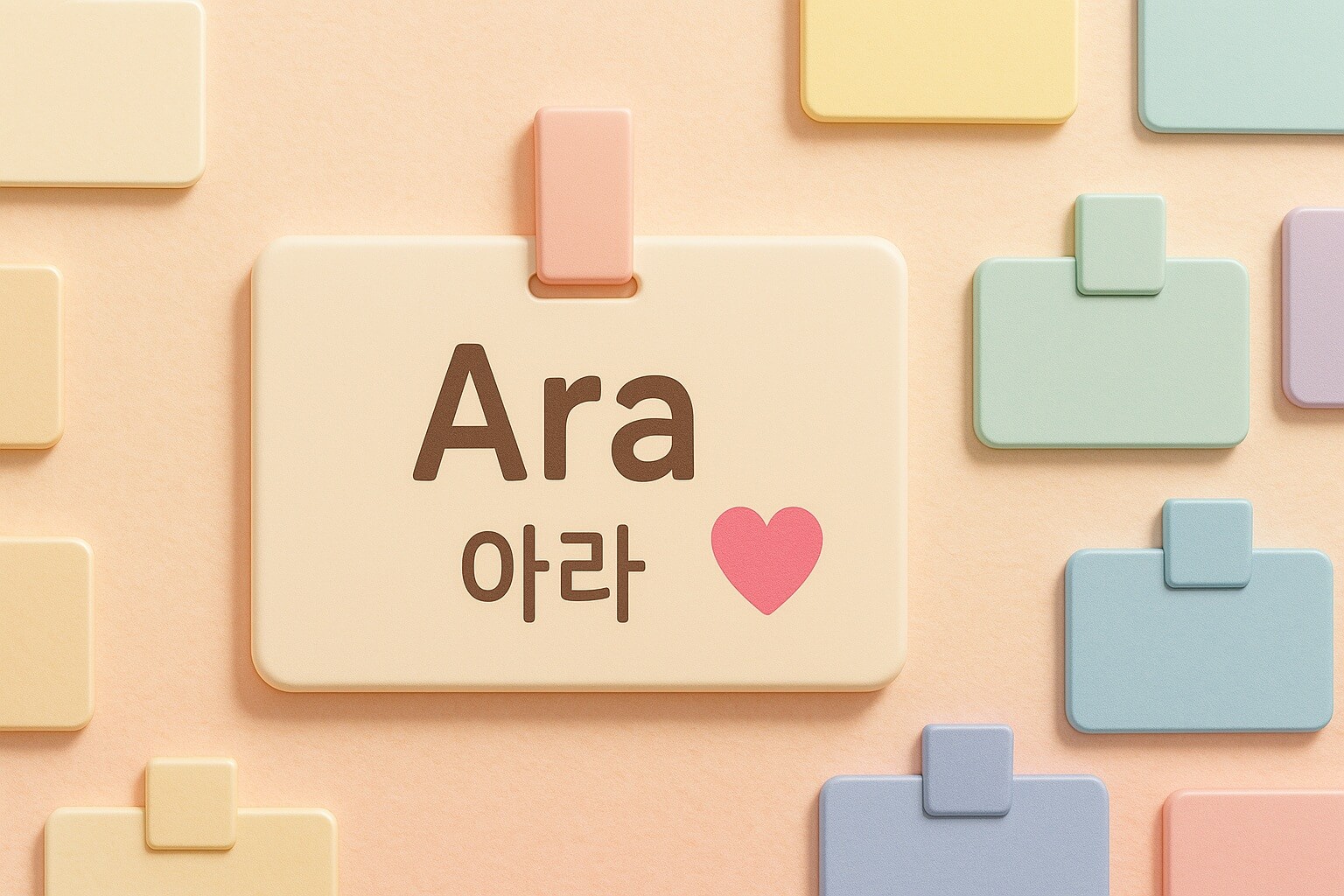
Korean names are rich in meaning, structure, and cultural background. Whether you are simply curious, interested in naming a character, or comparing naming traditions, understanding how Korean names work gives insight into Korean society. Below we explore the main features of Korean names and some examples of popular ones.
1. The Structure of Korean Names
Most Korean names are three syllables long:
- Family name (1 syllable) – Comes first and is shared by the family (e.g., Kim, Lee, Park).
- Given name (2 syllables) – Follows the family name and is unique to the individual.
Example: Kim Ji-woo
- Kim is the family name.
- Ji-woo is the given name.
Some given names can be a single syllable, but two-syllable names are more common and are often considered more balanced.
2. The Meaning Behind Korean Names
Korean names are usually created with Hanja (Chinese characters) or native Korean words. Each syllable carries meaning. For example:
- Ji (지) can mean wisdom, knowledge, or ambition.
- Woo (우) can mean kindness, protection, or universe.
By combining syllables, different meanings can emerge:
- Soo-ah (수아) – “beautiful and graceful”
- Ha-rin (하린) – “clear skies and purity”
- Min-seo (민서) – “bright and auspicious”
3. Popular and Unique Names
Like in many cultures, certain names become very popular in Korea. Here are some recent examples:
- Girls: Seo-yeon, Ji-ah, Ha-eun
- Boys: Jun-woo, Min-joon, Ji-ho
At the same time, some families choose less common combinations to make their child’s name stand out.
4. Pronunciation and Global Appeal
Some Korean names are easy to pronounce internationally. Names like Lina, Hana, Ari, and Joon are simple and travel well across cultures.
5. Nicknames and Everyday Use
Korean names often have natural shortened forms used in daily life. For example:
- Ji-woo → Ji
- Min-seo → Seo
- Hyun-woo → Hyun
Some affectionate versions also appear, but doubled syllables like “Woo-woo” or “Ah-ah” are not typical in Korean culture.
6. Meanings to Avoid
Because many syllables can have different meanings depending on the Hanja, care is taken to avoid awkward or undesirable meanings. Native speakers or dictionaries are often consulted to ensure the intended nuance is correct.
Examples of Korean Names
Here are some names you might encounter:
- Girls: Ara (아라), Yuna (유나), Eun-ji (은지), Hye-rin (혜린)
- Boys: Jisoo (지수), Doyun (도윤), Hyunwoo (현우), Taeyang (태양)
Final Thoughts
Korean names are not just labels but combinations of meaning, balance, and cultural identity. Understanding their structure and variety reveals much about Korean tradition and modern trends.



